This article has been medically reviewed by Erin Murnane – Accredited Practicing Dietitian
“I feel so guilty for binge eating,” said almost every client I’ve ever worked with. While using food to cope with our feelings can feel good in the moment, it’s quickly followed by guilt, shame, and negative self-talk. What I see as a binge eating dietitian is how we feel after a binge, which can lead to more bingeing, creating a vicious cycle that’s hard (but not impossible) to break.
When I work with clients to help them stop binge eating, we work on a number of steps, from understanding why they’re binge eating to their food rules, self-care, all-or-nothing thinking, hunger and fullness cues, and how to reduce the self-blame and judgment following a binge. In this article, I’m going to give you five strategies I use with clients to help them feel less guilty after binge eating in the hope of breaking the binge-restrict cycle.
Why do I feel guilty after binge eating?
If you close your eyes and think about all the conversations you’ve had or heard about binge eating, how many were positive? I’m guessing none. Am I right?
In our all-or-nothing society, binge eating is seen as a bad thing. Full stop. No exceptions.
So, if you find yourself eating more food than you think you “should” or the “wrong/bad” foods, then it’s not a surprise that you’re left feeling guilty for doing something wrong. You’ve just broken a rule.
It’s comparable to shoplifting, cheating on a test, or bailing on a friend. These are all things we’re taught *not* to do, so when we do them, we naturally feel guilty.
It’s the same with food. From a young age, we develop food rules about what, when and how much food is socially acceptable. When we break these rules by overeating or bingeing, we’re met with a host of negative inner voices.
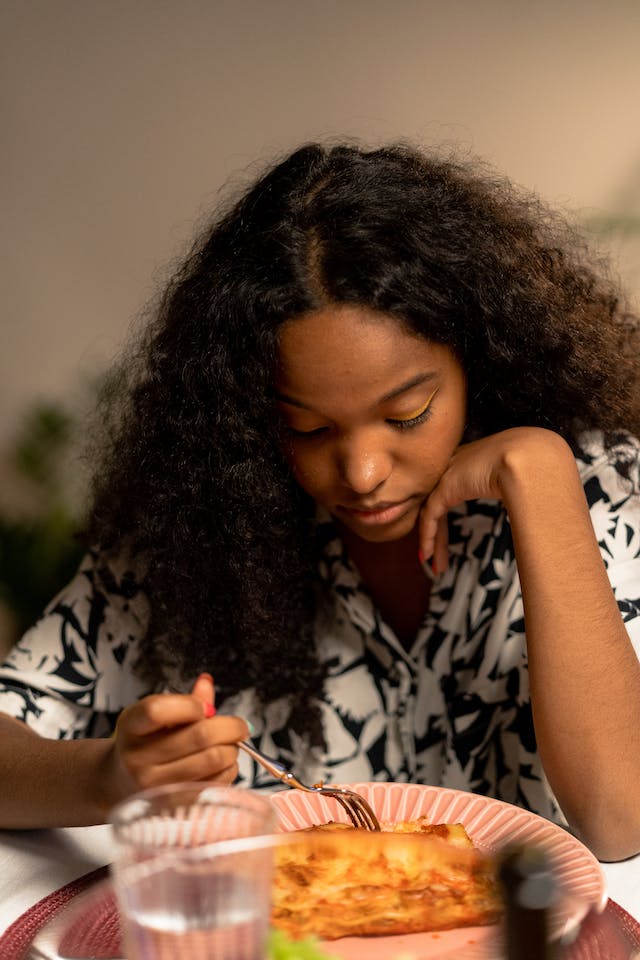

How do we feel less guilty after eating?
If you want to feel less guilty after eating, my advice is to start getting curious about the specific foods you feel guilty about eating. Is it chocolate? Bread? Pasta? Cheese? Once you know which foods you feel guilty about eating, you can work backwards and ask some questions:
“What have I been taught about this food”?
“What do I think will happen if I eat this food?”
“What, if anything, are the positives/benefits of eating this food?”
“What’s something you can say about this food to make it more neutral?”
I’ll use chocolate 🍫 as an example to answer these questions
“What have I been taught about this food”? I’ve always been told that chocolate is bad because it’s high in sugar, fat and falls into the junk food category. It’s something I believe I have to earn or work off for eating.
“What do I think will happen if I eat this food?” I think if I eat chocolate, I’ll gain lots of weight, my skin will break out, I’ll lose control and just keep eating it until I feel sick”
“What, if anything, are the positives/benefits of eating this food?” It tastes really good, it makes me happy and brings me comfort.
“What’s something you can say about this food to make it more neutral?” Chocolate is a delicious food that brings me a lot of joy and something I enjoy the taste of, and it’s ok to enjoy foods just for flavour and fun
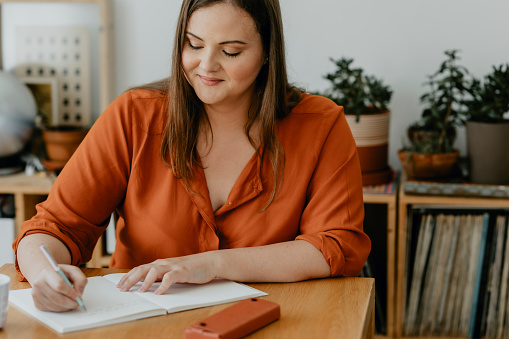

5 tips to reduce food shame and guilt after binge eating
If you’re wondering how to reduce those intense feelings of shame and guilt after a binge episode, here are five tips I recommend to my clients if they ask, “What to do after a binge”?
Tip 1 – Remember to Breathe
It sounds simple, but remembering to breathe in these moments of intense stress, anxiety, and guilt can be easier said than done.
Not just any breathing. I like to give my clients some structure by offering them the box-breathing technique.
Breathe in for 4 seconds. Hold for 4 seconds. Breathe out for 4 seconds. Hold for 4 seconds. Repeat 4-5 times.
Tip 2 – Get curious
Rather than jumping straight into the self-judgement party and criticising your bingeing behaviours, can you pause and ask a few questions to see why you actually binged?
- Did you eat enough today? Maybe you intentionally or accidentally skipped a meal and were overly hungry.
- Did you have a lot on your plate today? Maybe you only had the capacity to use food to cope with emotions or give you a quick boost of energy
- Have you been feeling anxious and stressed lately? Maybe your emotions are heightened, and feeling is a helpful and quick tool to cope
Tip 3 – Remind yourself these feelings will pass
As intense as these feelings can be in the moment (believe me, I know) and like they will never go away, you can remind yourself that they will pass. Say it out loud if you have to.
Tip 4 – Don’t “make up for it” tomorrow
It’s a normal response to say, “It’s ok, I’ll just eat less tomorrow”, but this is only going to increase your chances of feeling out of control again the next day. Instead, can you say to yourself, “It’s ok that you ate more than you wanted today, but my body still needs nourishment and food tomorrow”
Tip 5 – Reach out for professional support
If your food shame and guilt are so intense and you’re finding it impossible to implement these tips yourself, it’s a good sign it’s time to reach out for professional support. Whether that’s from a binge eating dietitian, psychologist or your GP, you deserve support, and it’s okay to ask for help.
Erin is an Accredited Practicing Dietitian and Credentialed Eating Disorder Clinical who’s spent the past ten years helping humans let go of restrictive and punishing forms of health to find a more balanced, calm and sustainable relationship with food and their body. She’s passionate about holding space for humans with lived experience of food and body trauma.
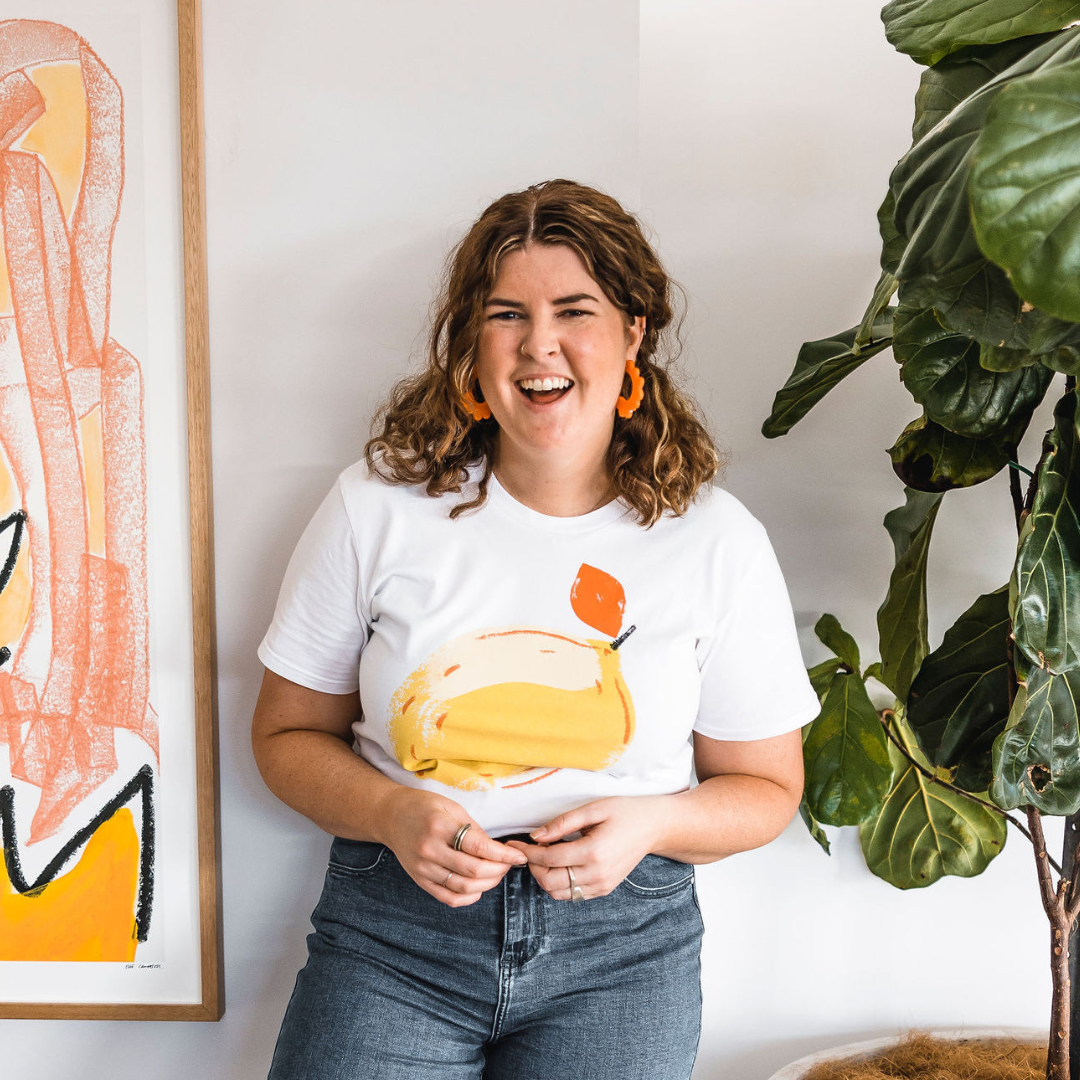

Erin’s an Accredited Practising Dietitian & Certified Intuitive Eating Counsellor. She uses a non-diet approach and weight-inclusive care to help her clients reclaim a healthy relationship with food and their bodies free of guilt, shame and restriction.





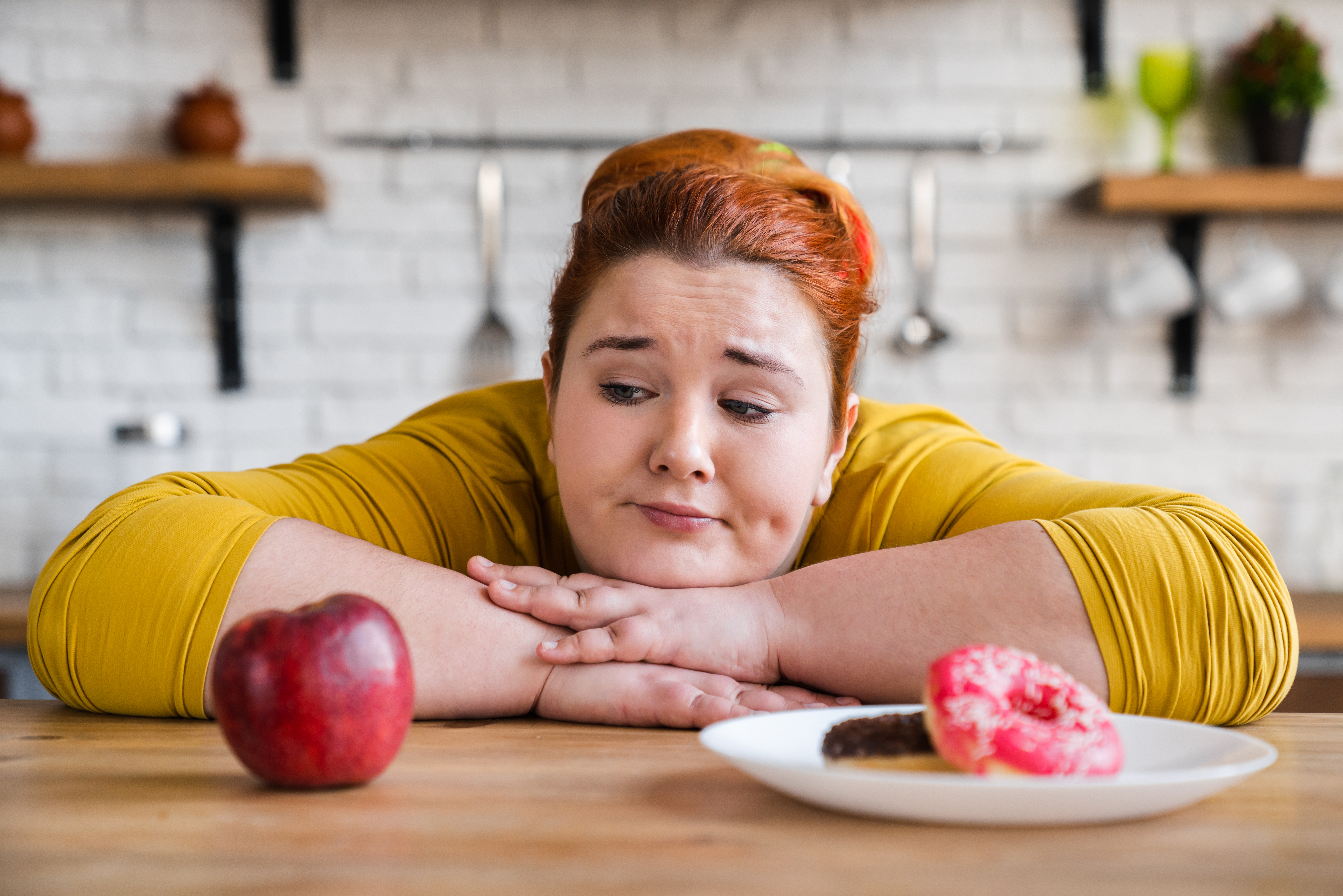

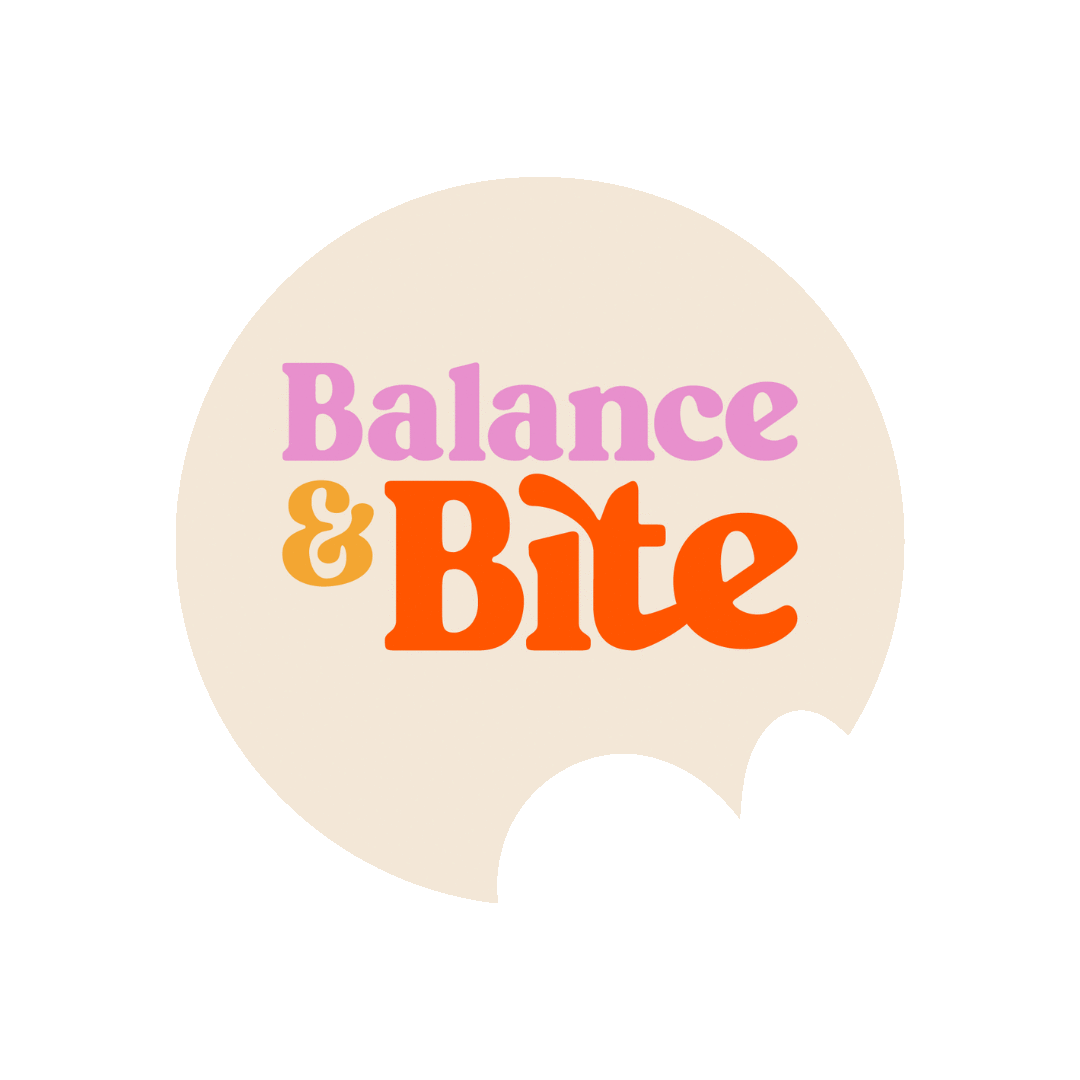




View comments
+ Leave a comment